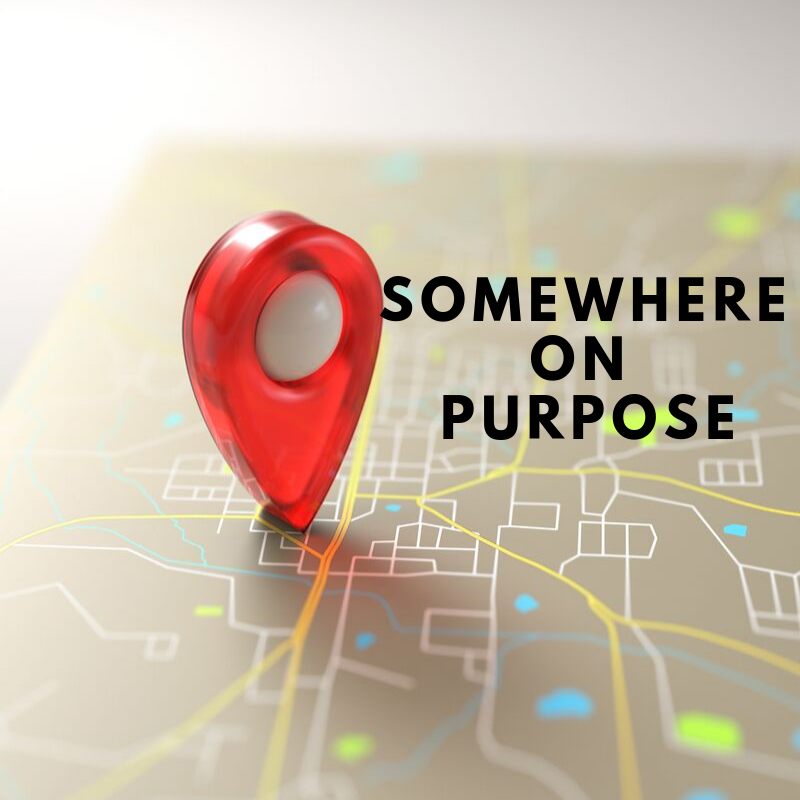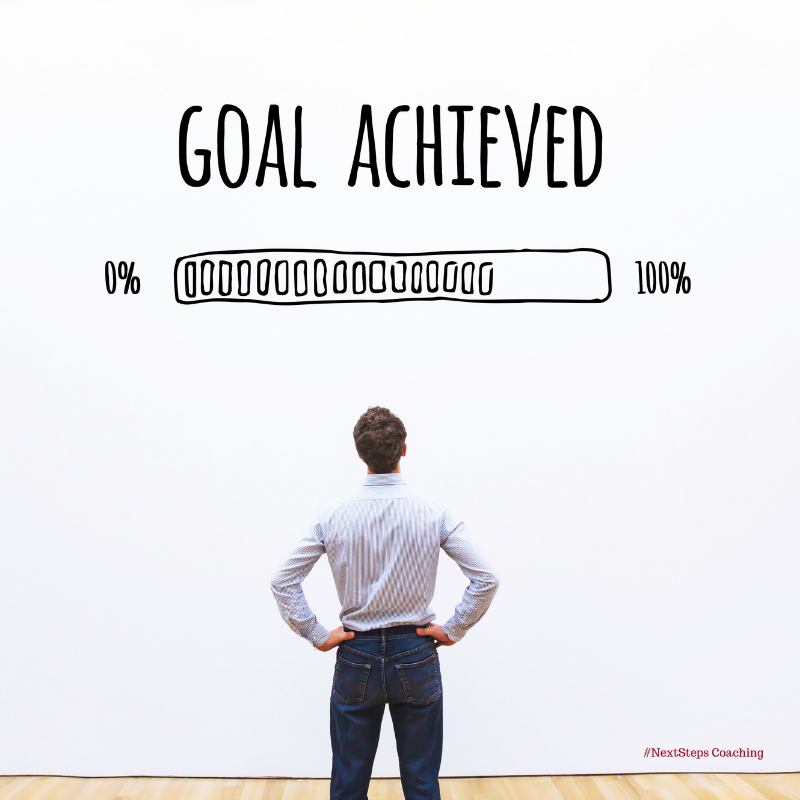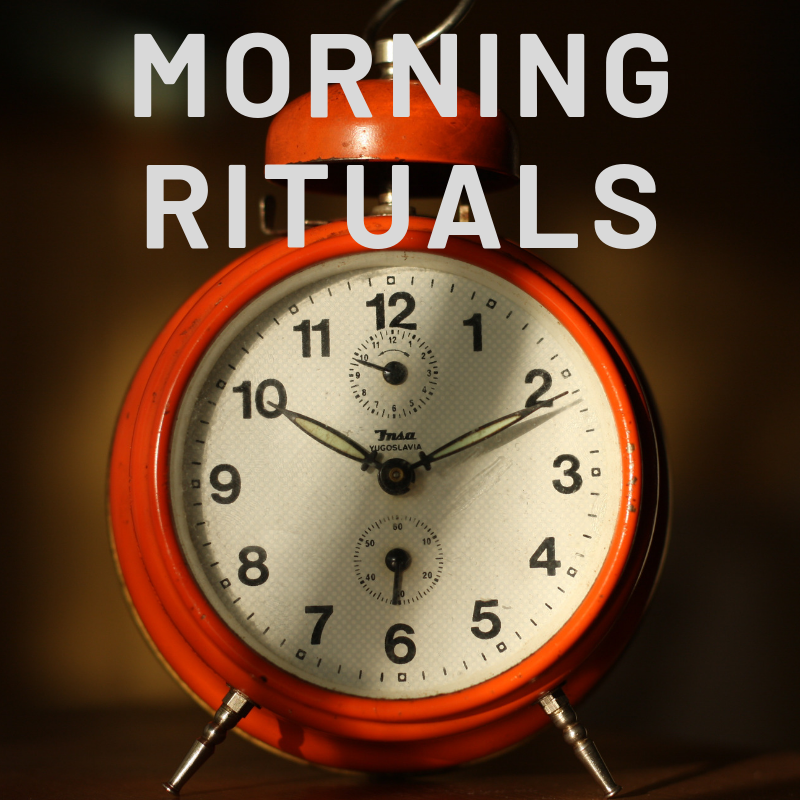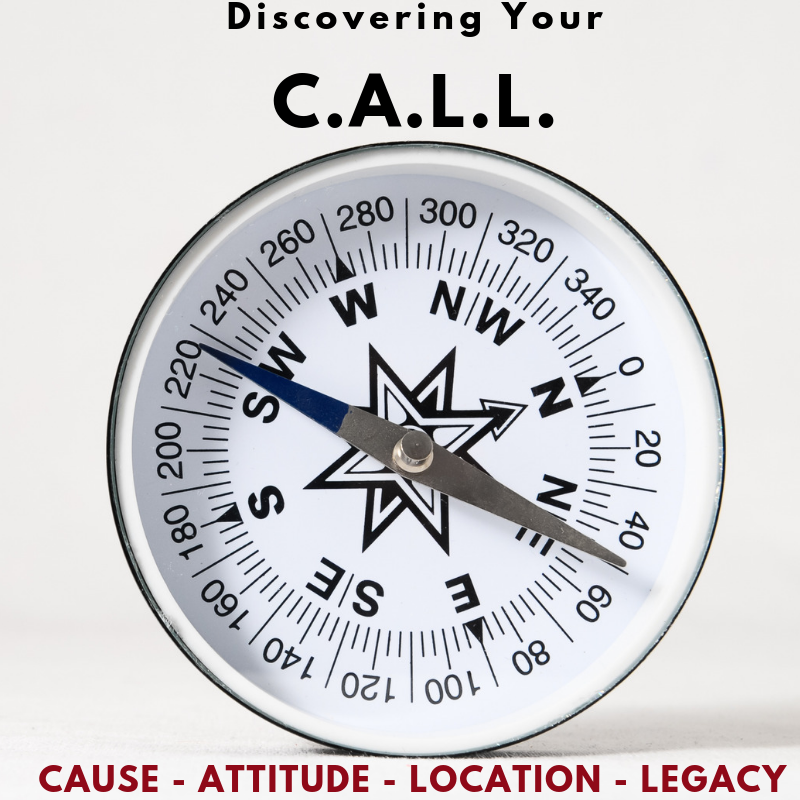
The Final Destination
When we left Denver for our California move, it was Valentine’s Day 2017. My wife boarded a plane with our four kids (and my mom) with a one-way ticket to Los Angeles.
Most of our items were onboard a semi-truck moving company and in transit already. After I dropped them off at the airport, I took our minivan loaded with only essential family possessions and my camping gear and headed west. With a full tank of gas and a queue of podcasts and audiobooks, I plugged my ending destination into the GPS system on my phone and took off. 
Fourteen hours later I had made it. I was halfway through the trip, and after a quick one night stay at a campground, woke up early the next morning to finish the trip.
At regular intervals, I would stop, fill up the gas tank, grab some food, stretch my legs, and start a new audiobook.
Even when I stopped, got rerouted because of road work, or got stuck in traffic, my end destination stayed the same.
I had a clear goal and objective in mind: reuniting with my family.
Everybody ends up somewhere. A few people end up somewhere on purpose. Those are the ones with vision. – Andy Stanley
Somewhere on Purpose
Life works the same way. So does business. Family. Hobbies. Income. Education.
You are going to end up somewhere. The only question is if it is where you wanted to be.
To get where you want to be, you have to have a vision. Practice Intentionality. Cultivate solid habits. Engage in Discipline.
To get where you want to go, you have to be clear in where it is you want to end up.
If I had simply entered “California” or “West” into my GPS, there is a strong likelihood that I wouldn’t have ended up next to my family.
In life, if your only goal is to end up “not here,” then you probably won’t. But that also doesn’t mean the destination is any better.
Like a good GPS system with a final address, our life needs to have a clear end destination in mind. A clear goal to reach. An objective measure that we have arrived.
As a success and mindset coach, that’s much of how I work with my clients on a daily basis. 
But success doesn’t have to mean financial. Maybe it means that it’s having just enough to be able to take trips with the grandkids. Success for some might mean living long enough to see a family member take over the family business. For another, it could be to lose weight and run their first 10k.
Success for one former client was to start her own business and never work for someone else again.
For another, it was to build a speaking platform and tour the country providing health lectures.
Ending up somewhere on purpose doesn’t happen by accident.
So, if you’re ready to end up somewhere on purpose, here are five tips to help you get started.
5 Tips for Intentional Living:
1.) Create a list of the non-negotiable elements of your life. Key relationships, experiences, and mindsets are always foundational. Know Your Big Rocks.
2.) Visualize your success. Create a vision board, write it down in your journal, practice intentional meditation. Whatever it is that works for you, spend time actually thinking about and picturing yourself in that future state.
3.) Practice daily habits of success. Exercise, read a book, laugh, drink plenty of water. Create a sustainable rhythm to life that breeds success. (If you want help on this point, sign up for my high-performance newsletter and receive my best tools and tips directly in your inbox every Friday).
4.) Share your vision with someone you love. Life is best traveled with someone you love. A spouse, friend, mentor, or coach can encourage you during the downtime and help you push through the tough moments.
5.) Stay the course. It won’t happen overnight. Real Talk: It may not even happen in a thousand nights. But if you are faithful, day in and day out over the course of a lifetime, it will.
What stood out to you? Leave a comment below!










